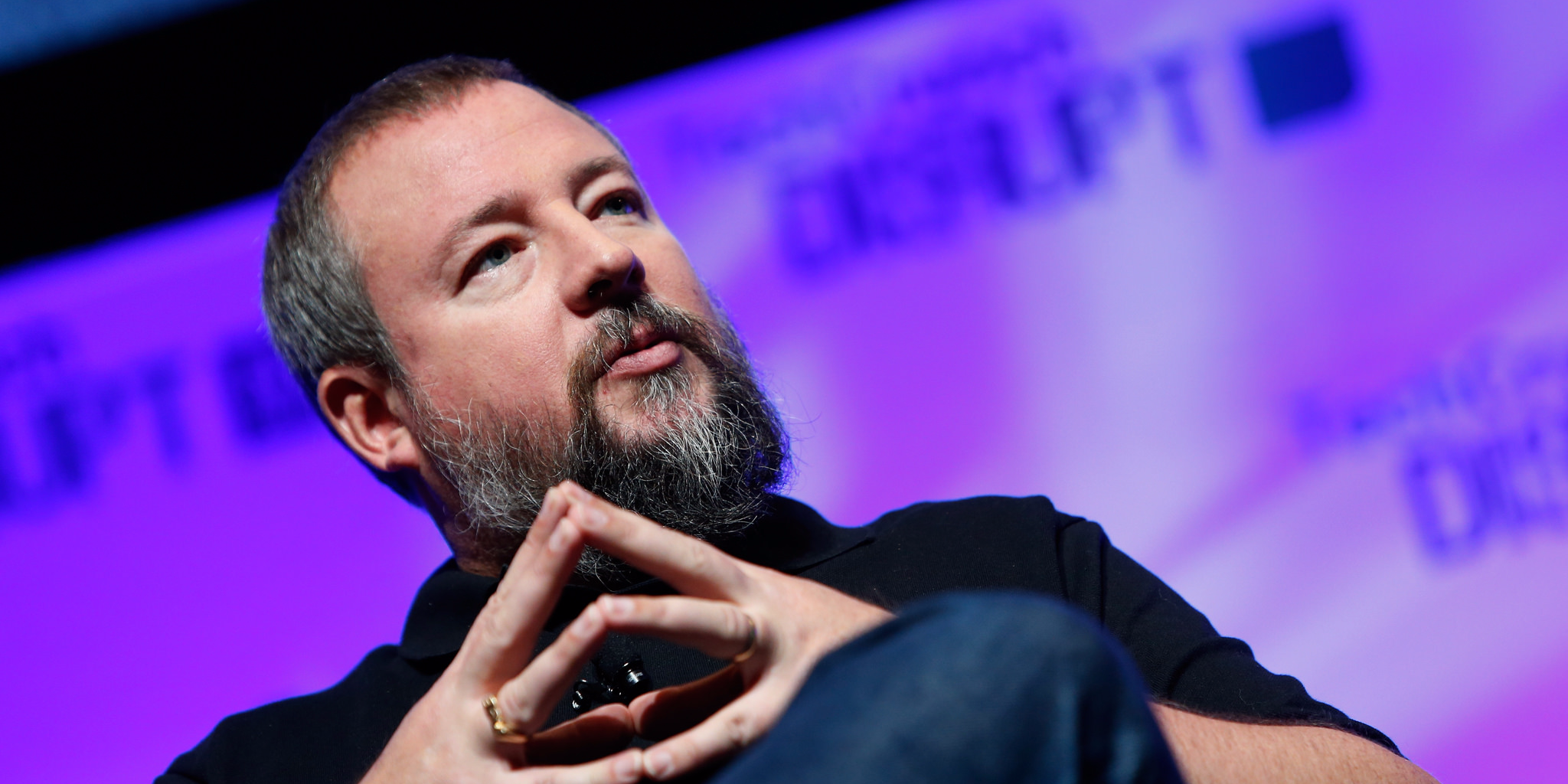- Since 2003, the news and entertainment media company Vice and its employees have settled at least four disputes with women who accused top executives of sexual misconduct or defamation.
- The New York Times spoke with dozens of current and former employees, who said company executives enabled inappropriate behavior towards women.
- Many former employees said unwanted kissing and groping, lewd comments, and sexual propositions were commonplace.
Dozens of current and former employees at the edgy news and entertainment media company Vice are speaking out against what they characterize as a toxic culture of sexual misconduct at the company that was enabled over the years by top executives, The New York Times reported on Saturday.
Since 2003, Vice and its employees have paid at least $184,000 in settlements to four women, none of whom still work for the company, who accused executives of sexual misconduct or defamation, according to the report.
In one instance in 2016, Vice president Andrew Creighton doled out $135,000 in a settlement to a former employee who claimed she was fired after rebuffing his sexual advances during work meetings from 2013 to 2015. Vice denied the woman’s allegations and said she was fired based on poor performance.
On another occasion, former employee Martina Veltroni claimed that Jason Mojica, the former head of Vice News, derailed her career after she engaged in a sexual relationship with him. Mojica said the relationship was consensual and that he never retaliated against her.
Mojica was fired last month following a report from The Daily Beast about his alleged misconduct in the workplace. Vice and Veltroni reportedly reached a settlement for an undisclosed amount.
"There is a toxic environment where men can say the most disgusting things, joke about sex openly, and overall a toxic environment where women are treated far inferior than men," Sandra Miller, a former Vice employee, told the Times.
Natasha Lennard, another former Vice employee, said as much in October, after a secret spreadsheet began circulating among female journalists, documenting alleged varying degrees of sexual misconduct from their male colleagues.
"It's only by virtue of certain silos of media starting the S----- Media Men list that the list isn't yet scarlet with names from @Vice," Lennard tweeted.
She later added that Vice didn't just "tolerate" top executives who encouraged or turned a blind eye to sexually inappropriate behavior - "it enables, promotes and protects them."
The Times report comes as scores of women continue to accuse prominent figures in media, politics, and entertainment of partaking in or enabling inappropriate and sometimes criminal sexual behavior. The flood of allegations came after the downfall of Hollywood mogul Harvey Weinstein, and has since inspired a viral #MeToo movement in solidarity with sexual harassment and assault survivors.

'Unsafe and just plain dirty'
The Times also reported on a settlement that Vice reached in 2003 with a female writer, after she said the company defamed her by publishing that she had agreed to sleep with a rapper she had interviewed. The writer said she had made no such agreement, and a Vice spokesman told The Times the company had made "few settlements" and that no Vice employee had been involved in more than one.
In another settlement The Times uncovered, Vice paid $24,000 to a former employee at its London bureau in January after she said she'd been subjected to sexual harassment and racially-motivated bullying in the workplace. The employee, Joanna Fuertes-Knight, said Vice producer Rhys James asked her explicit questions about her body and whether she slept with black men, according to documents viewed by The Times.
This is not the first time Vice has been implicated in a sexual-harassment scandal. Phoebe Barghouty, who started working at Vice in the summer of 2015 when she was 23 years old, told The Daily Beast in November that Kaj Larsen, the bureau chief who hired her, touched her inappropriately in the workplace and made her feel like "arm candy."
Barghouty and another female employee at the company added in an email to a manager that "hostility due to sexism, racism, religionism, ageism, idk-what-ism makes us feel not only uncomfortable, but unsafe and just plain dirty."
Many of the 100 other current and former Vice employees interviewed by the Times agreed that sexual misconduct - including unwanted kissing, groping, lewd remarks, and propositions for sex - at the company was widespread for years and that top executives did little about it. Women who spoke to The Daily Beast echoed that view.
Vice co-founder and chief executive Shane Smith acknowledged to the Times that Vice had "failed as a company to create a safe and inclusive workplace where everyone, especially women, can feel respected and thrive." In recent months, he said he and other executives have been working to reform the culture.
The $5.7 billion media conglomerate started as a magazine in Canada in 1994, offering provocative and edgy commentary about taboo subjects, including sex and drugs. Over the years, it has become increasingly popular among millennials. As a result of its success, Vice expanded into producing investigative stories and launched a weekly investigative documentary show on HBO in 2013.
